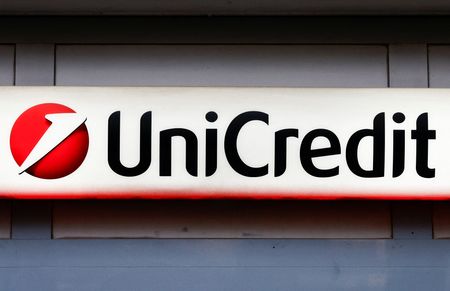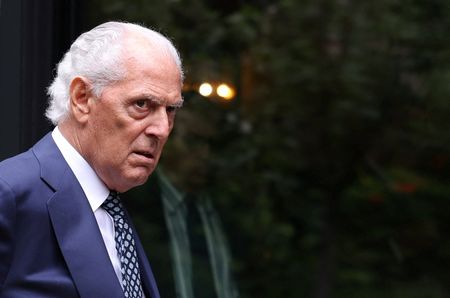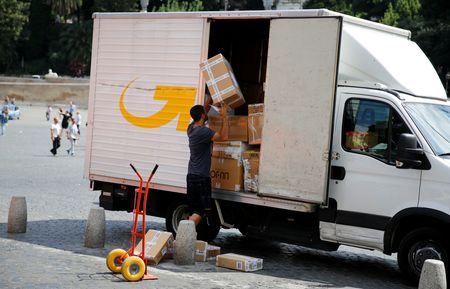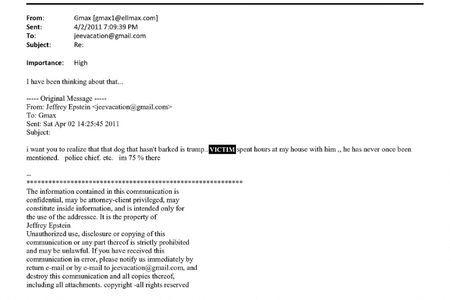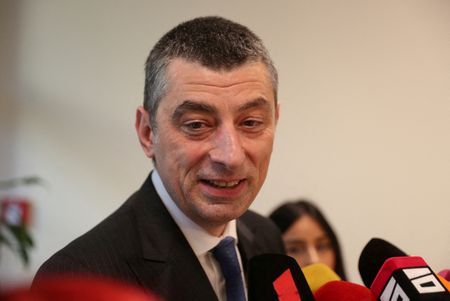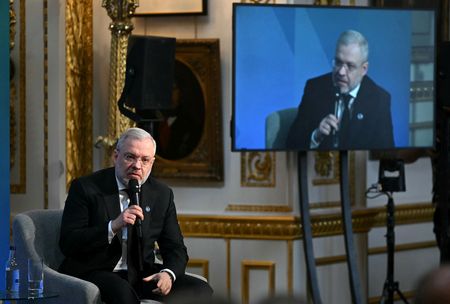By Valentina Za and Giulio Piovaccari
MILAN (Reuters) -Italy’s UniCredit has drawn a line under its failed acquisition of Banco BPM, CEO Andrea Orcel said on Wednesday, adding investors should “not read too much” into its latest legal challenge against government-set terms for the offer.
Abandoning the bid in July, UniCredit blamed the government for thwarting the deal. At a discount to market value, the bid had not gained traction among BPM shareholders.
Italy used its powers to vet banking deals to set terms, drawing criticism from European Union authorities.
“We closed the chapter on Banco BPM,” Orcel told a Bloomberg conference in Milan on the future of finance in Italy.
UniCredit, which had already secured a partially favourable court ruling against the government’s terms for the BPM bid, on Monday filed an appeal at Italy’s highest administrative court.
Though Rome sees the challenge as “hostile”, sources have told Reuters, Orcel said he was not seeking a confrontation but that the board had a “duty of care” and could not accept Rome’s view that UniCredit posed a threat to national security.
The government says UniCredit’s presence in Russia is a threat to national security.
Orcel strained the bank’s relations with Rome shortly after becoming CEO in 2021 by refusing to bid for Monte dei Paschi di Siena (MPS), which has since been successfully reprivatised and taken over rival Mediobanca.
Rome for a time wanted to combine MPS with BPM, a project derailed by UniCredit’s swoop.
Orcel defended the decision not to acquire MPS and said UniCredit would grow market share profitably without acquisitions, though M&A on “the right terms” was an option.
Asked about Commerzbank, where UniCredit has acquired a near 30% stake but failed to take it over, Orcel said the return on the investment allowed UniCredit to sit on the stake “for a long time”.
Having failed to clinch a merger despite a three-decade background in bank M&A, Orcel has turned to building stakes and booking a portion of the target’s earnings in UniCredit’s accounts.
(Reporting by Valentina Za. Writing by Giulio Piovaccari. Editing by Gavin Jones and Mark Potter)

